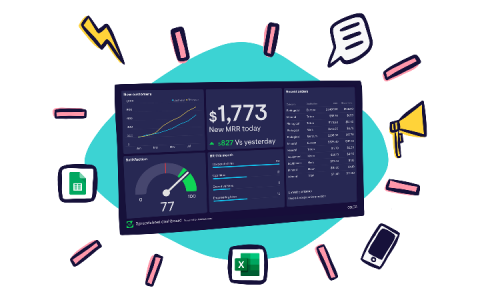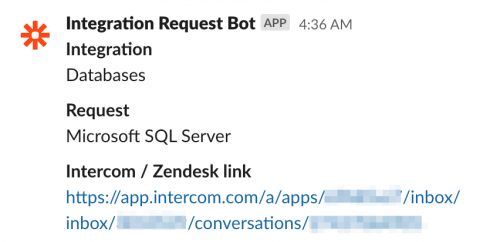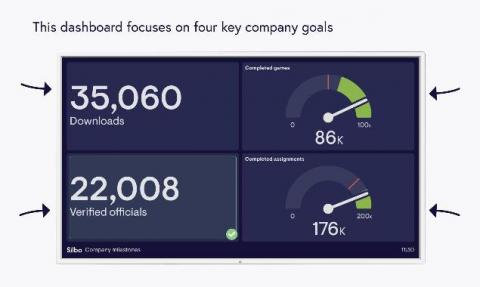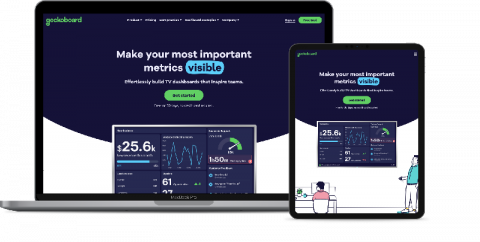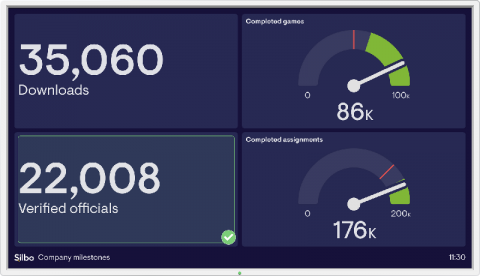Introducing our new Free plan
Today we’re delighted to introduce a new Free plan for anyone who wants to use Geckoboard to make a shareable dashboard using our most popular data source: spreadsheets. It’s easy to understand why spreadsheets are so popular. They’re everywhere, and the most commonly used tool for data analysis, storage and visualization. Unfortunately, they do a poor job of communicating data. Sometimes they can be difficult for others to interpret.


